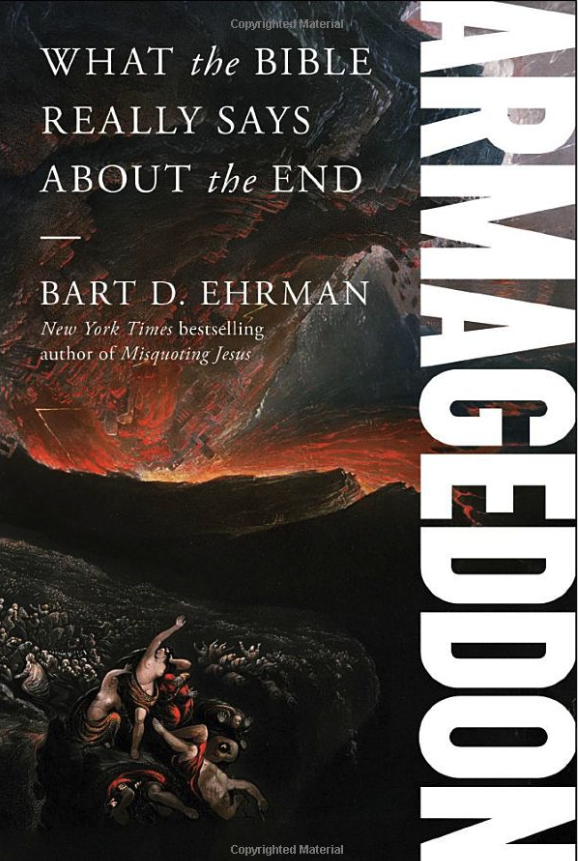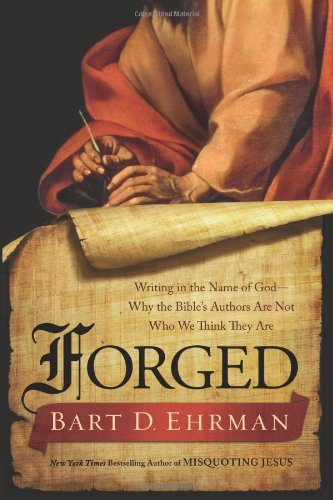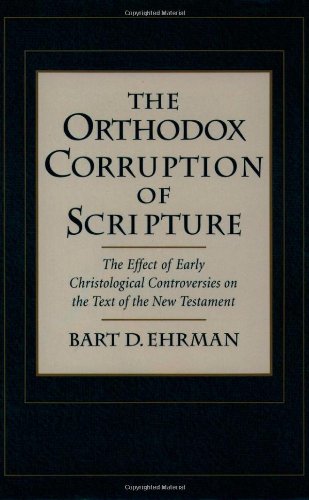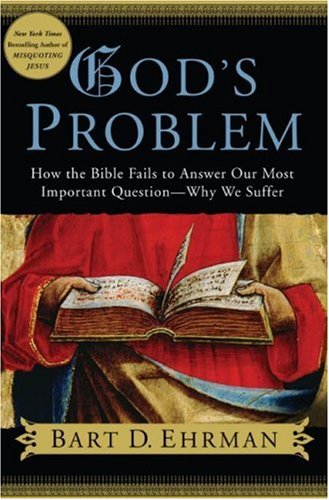A “humane, thoughtful, and intelligent” (The New York Times Book Review) bestselling Biblical scholar reveals why our popular understanding of the Apocalypse is all wrong- and why that matters.
Ehrman's Forged delivers a stunning explication of one of the most substantial yet least discussed problems confronting the world of biblical scholarship.
In a study that explores the close relationship between the social history of early Christianity and the textual tradition of the emerging New Testament, Ehrman examines how early struggles between Christian "heresy" and "orthodoxy" affected the transmission of the documents over which, in part, the debates were waged. His thesis is that proto-orthodox scribes of the second and third centuries occasionally altered their sacred texts for polemical reasons…
In times of questioning and despair, people often quote the Bible to provide answers. Surprisingly, though, the Bible does not have one answer but many "answers" that often contradict one another. Consider these competing explanations for suffering put forth by various biblical writers: * The prophets: suffering is a punishment for sin * The book of Job, which offers two different answers: suffering is a test, and you will be rewarded later for passing it; and suffering is beyond comprehension, since we are just human beings and God, after all, is God * Ecclesiastes: suffering is the nature of things, so just accept it * All apocalyptic texts in both the Hebrew Bible and the New Testament: God will eventually make right all that is wrong with the world For renowned Bible scholar Bart Ehrman, the question of why there is so much suffering in the world is more than a haunting thought. Ehrman's inability to reconcile the claims of faith with the facts of real life led the former pastor of the Princeton Baptist Church to reject Christianity. In God's Problem, Ehrman discusses his personal anguish upon discovering the Bible's contradictory explanations for suffering and invites all people of faith - or no faith - to confront their deepest questions about how God engages the world and each of us.




